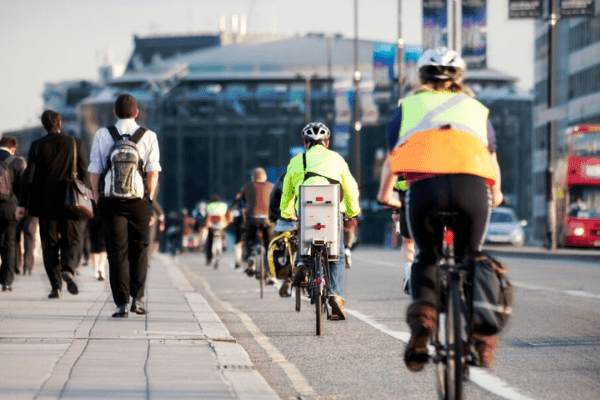The English are increasingly moving towards the daily use of e-bikes.
Research conducted by VOLT observed how travel methods have changed since the pandemic began: 39% of those interviewed, in fact, said they use public transport less and 30% said they prefer solo transport.
As in most metropolises, London has also seen a great transformation in mobility, as citizens increasingly prefer e-bikes: 44% of those interviewed, in fact, said they were more inclined to purchase an e-bike. bike compared to pre-pandemic.
Northern Ireland has also seen this change, where 25% of those surveyed said they were more likely to buy an eBike and in Scotland, where one in five people expressed an interest in using one.
The study also found that 41% of those interviewed said they were less likely to take the train or metro to go to work with the onset of the Covid emergency and that 48% of eBike owners said they intended to use most frequently the pedal-assisted bicycle.
As proof of this study, according to the British website Cyclingindustry news it found that sales of electric bicycles exceeded those of cars in 2020.
The report, presented by the Bicycle Association, reveals that 160,000 eBikes were sold last year, compared to 108,000 electric cars sold the same year, sales also supported by state subsidies.
According to the study, the trend is increasingly increasing, with sales expected to triple in just three years.
There is also a big change at the infrastructure level: the iconic Oxford Circus intersection in London, in fact, will soon be closed to cars.
Following the trend of some large cities, such as Paris with the redevelopment of the Champs-Èlysées or the pedestrianization of the Bastille Square, and Barcelona with the super block plan, the famous London intersection will become entirely pedestrianized starting from 2022.

